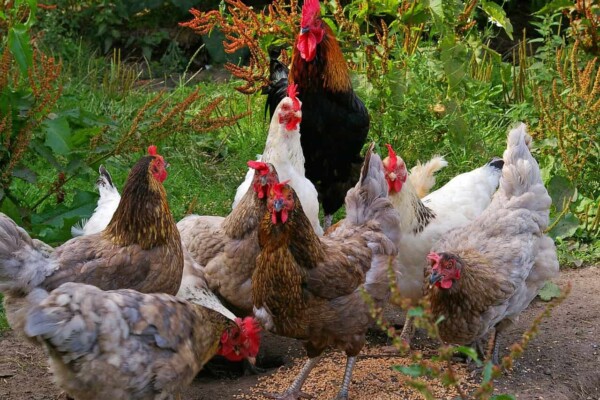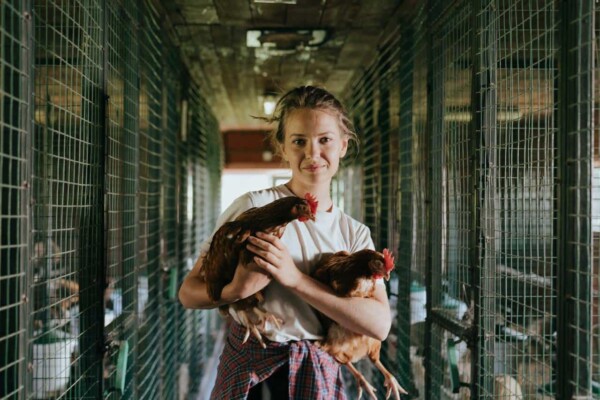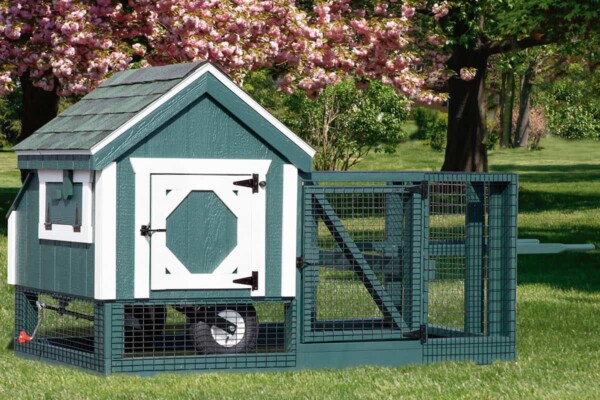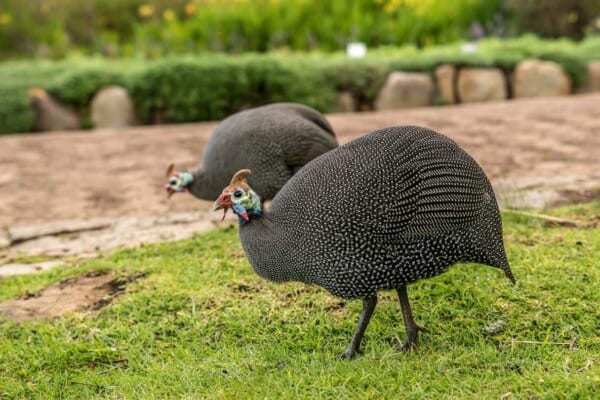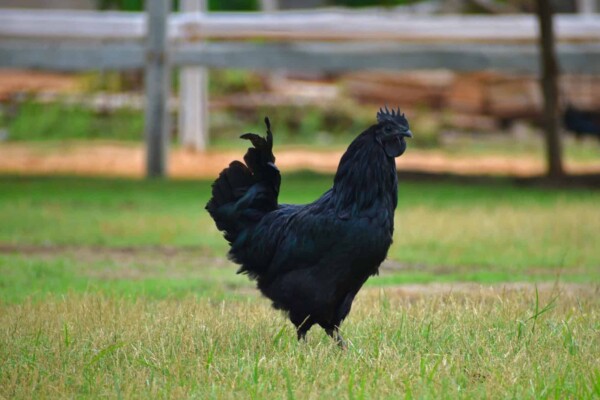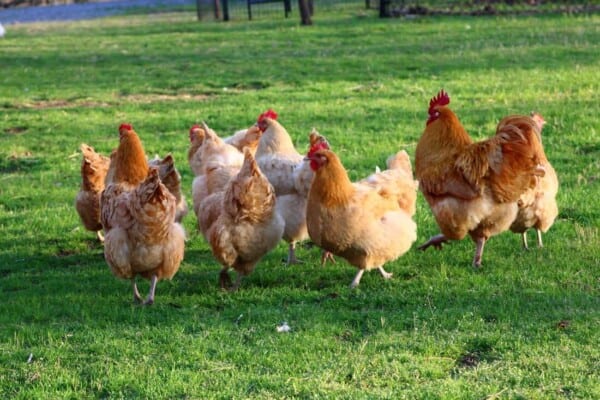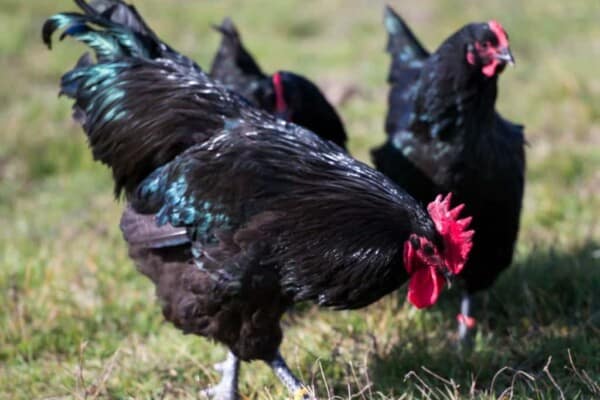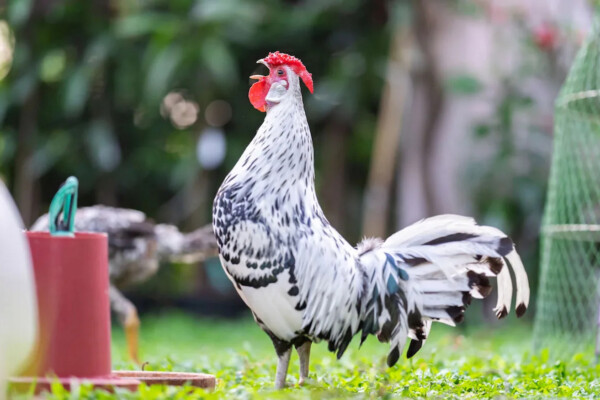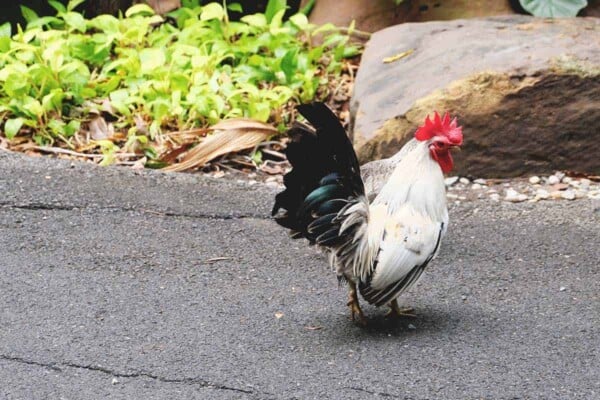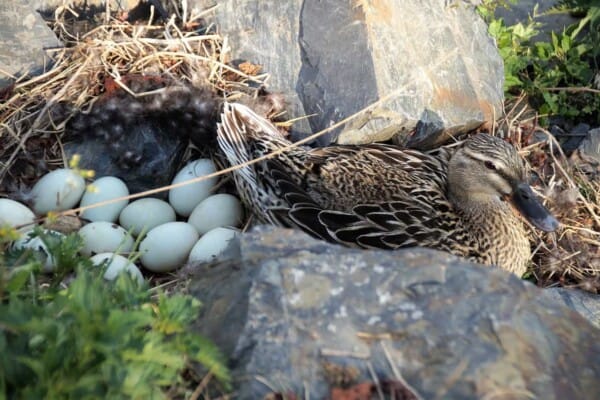Commercial turkey farming is always going to be a great business venture as it seems very easy for you to start turning your investment and hard work into a profit.
That’s because turkeys grow way faster than broiler chickens and they bring a much heftier paycheck by the end of the month due to how much larger turkeys can get and how much more expensive their meat is.
As such, it’s no wonder that turkey farming for meat production is way more popular than turkey farming for the egg production.
But, at the same time you should keep in mind the fact that that’s not the only profit venue you could get from turkey farming, as you can also sell the turkeys even as pets if you want to.
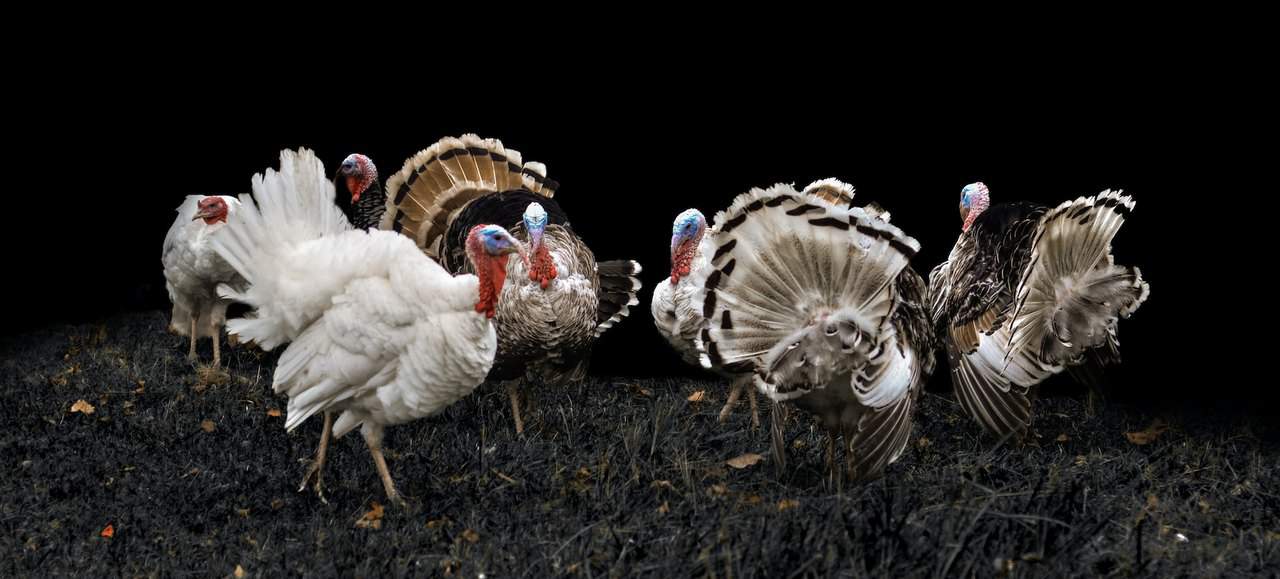
One thing you should keep note of though is the fact that raising turkeys is not exactly as easy as it sounds.
That’s because turkey farming is way different from ordinary poultry chicken farming, so you will need to do your research properly before you start buying the turkeys yourself.
In order to make the process a bit easier though, we decided to give you a list of the 15 things that you need to look out for when it comes to turkey farming.
So, let’s just start with one of the basics that you can’t go on not knowing:
1. Turkeys Are Not Vegetarians
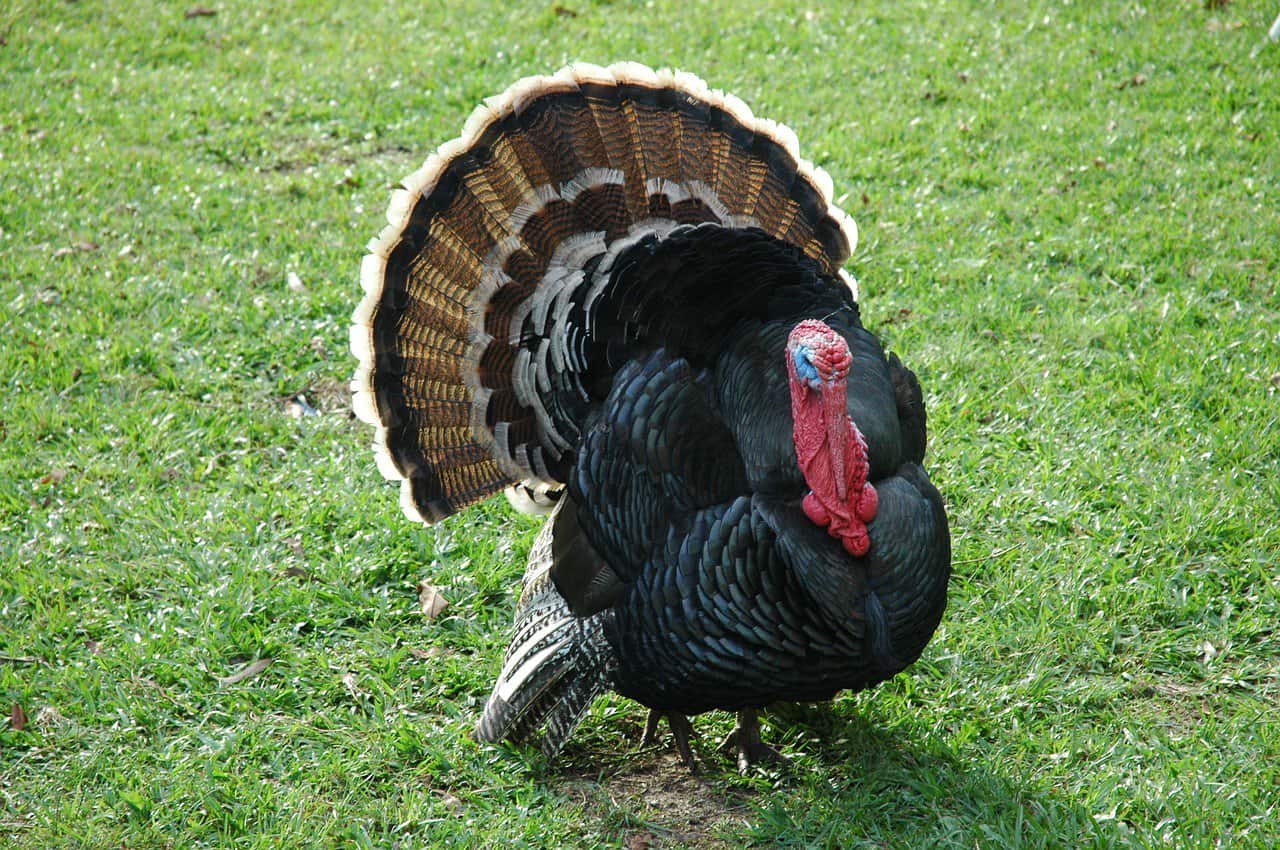
This may sound a bit like a joke, but trust us when we tell you that there’s a reason as to why the confusion is so widespread, and that’s labeling.
Yes, the dreaded “vegetarian fed” label on packages at the grocery story always seemed to indicate the fact that the turkeys are vegetarians that do better when fed a vegetarian diet.
This is factually incorrect, as turkeys are omnivores that can be raised on pastures while they also consume protein from bugs and worms as they forage around.
This is a problem because the consumer demand for this label has led a lot of companies to force a vegetarian diet on their turkeys, which is not so good for their general health.
So, unless you’re ready to invest heavily into the turkeys’ supplements, we don’ recommend that you go for a simple vegetarian diet.
Instead, make sure that your turkeys have a clean and healthy diet that supplies them with all of the nutrients that they need.
2. Raising Turkeys is a 365-Day Job
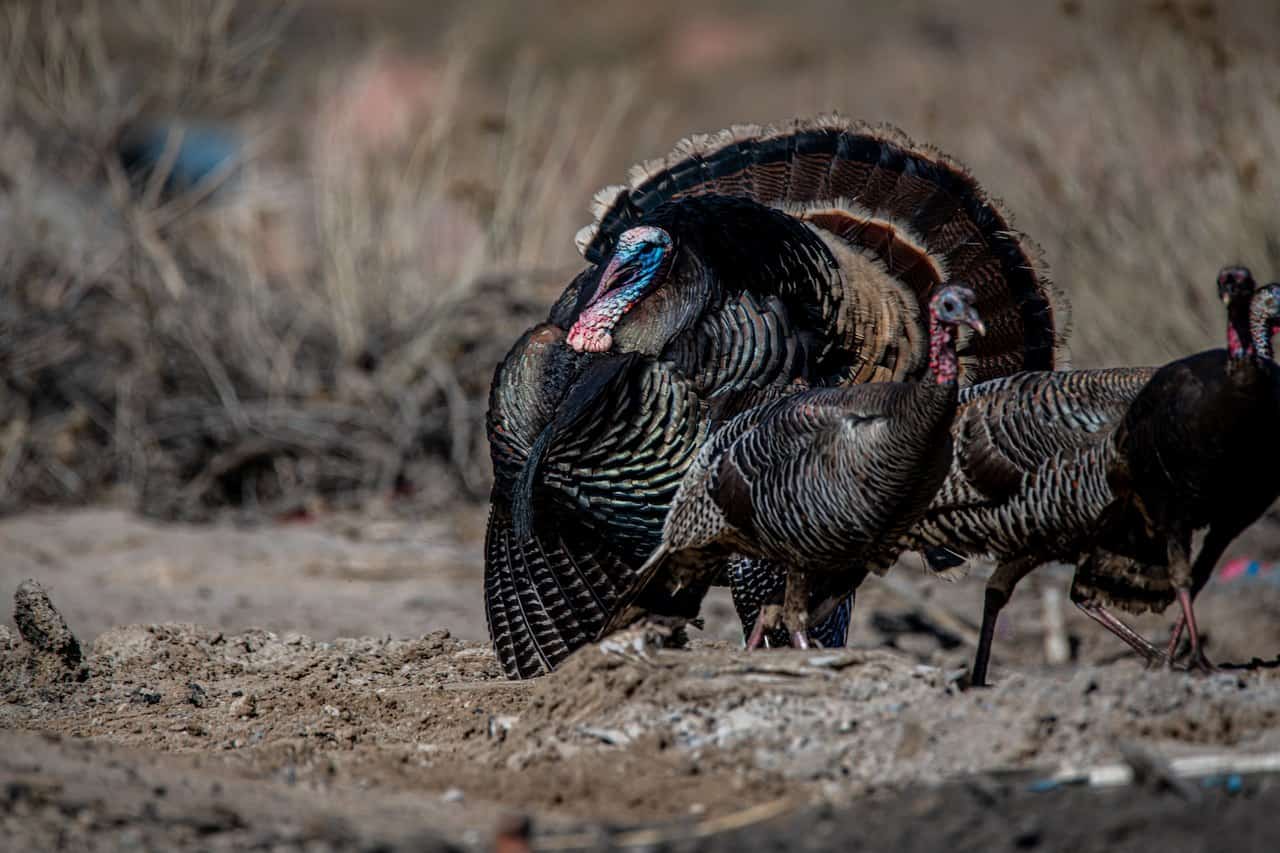
A lot of people also believe that they can just mess around and barely do anything and before long they will have a hefty flock to butcher and sell on the open market.
This couldn’t be further from the truth as raising turkeys will literally take up all of your day, so don’t expect to get any vacations anytime soon.
We’ve been raising turkeys for quite some time now and we can safely say that they are some of the most high-maintenance birds you could raise.
They require constant attention, so if you’re not ready to offer them every minute of your day, you may not be ready to start raising turkeys just yet.
On top of that you will also need to invest quite heavily into surveillance to make sure that your turkeys are properly fed and that they don’t show any telltale signs of sicknesses.
But that’s not all, you may think that you are the only one that will get to suffer but chances are that if you want to actually make a commercial profit, you will also need to hire plenty of manpower to help you along the way. That’s where the next step comes in.
3. You Will Need a Lot of Equipment and Manpower
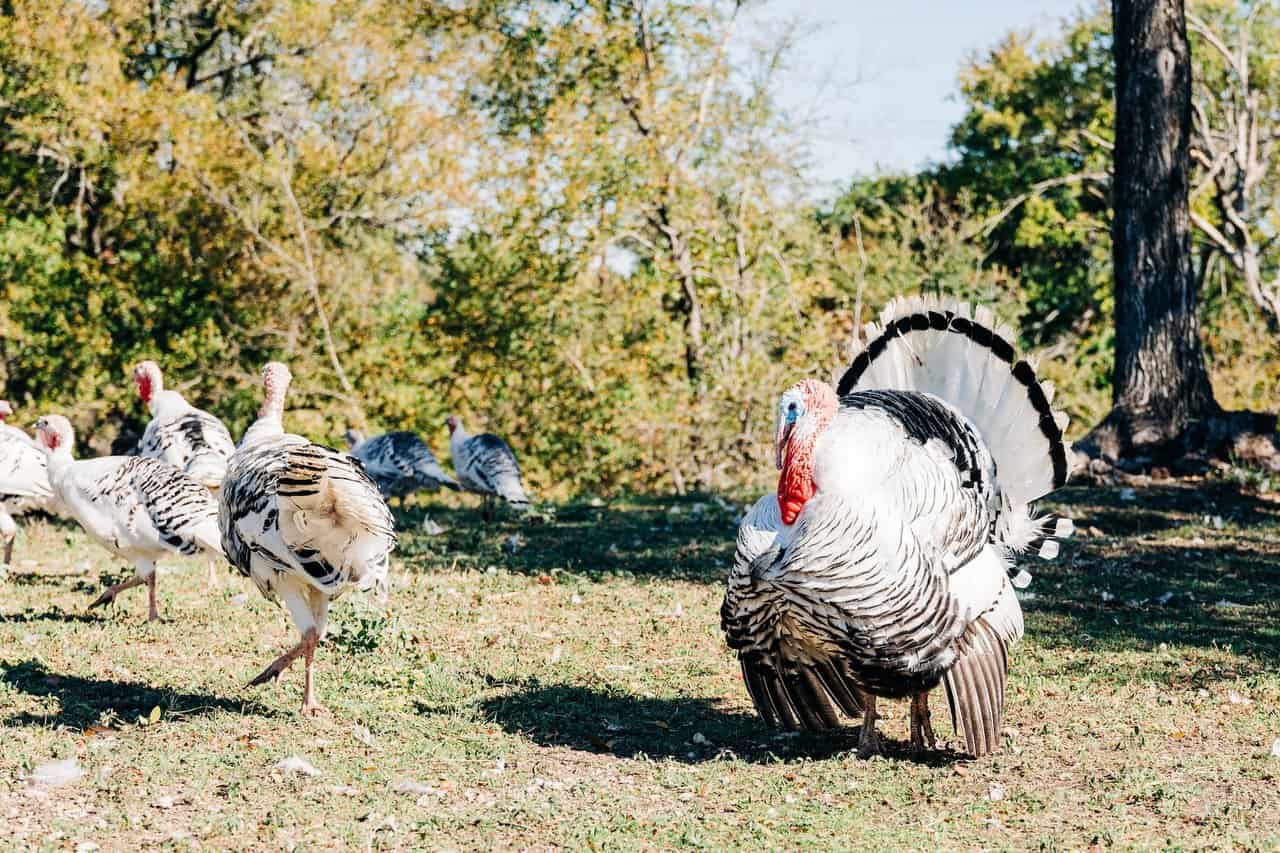
As mentioned previously, raising turkeys is no easy feat, especially if you want to make a living off of it. This is why you will need to invest quite a lot in both the equipment you use and the manpower that will be using it in the first place.
So, expect to have to invest into multiple computers per barn that will be monitoring everything that there is to look into as far as the turkeys are concerned.
So, the temperature, the feed, the loudness of the turkeys, practically everything and anything under the sun will need to be taken into consideration when raising turkeys.
You will also need to invest into a backup system in case the main system starts to go down, because you don’t want everything to go dark for a few days if not weeks.
During this time frame you will easily lose all of your progress and you could even lose out on more than a handful of turkeys too.
4. Turkeys Need a Prescription
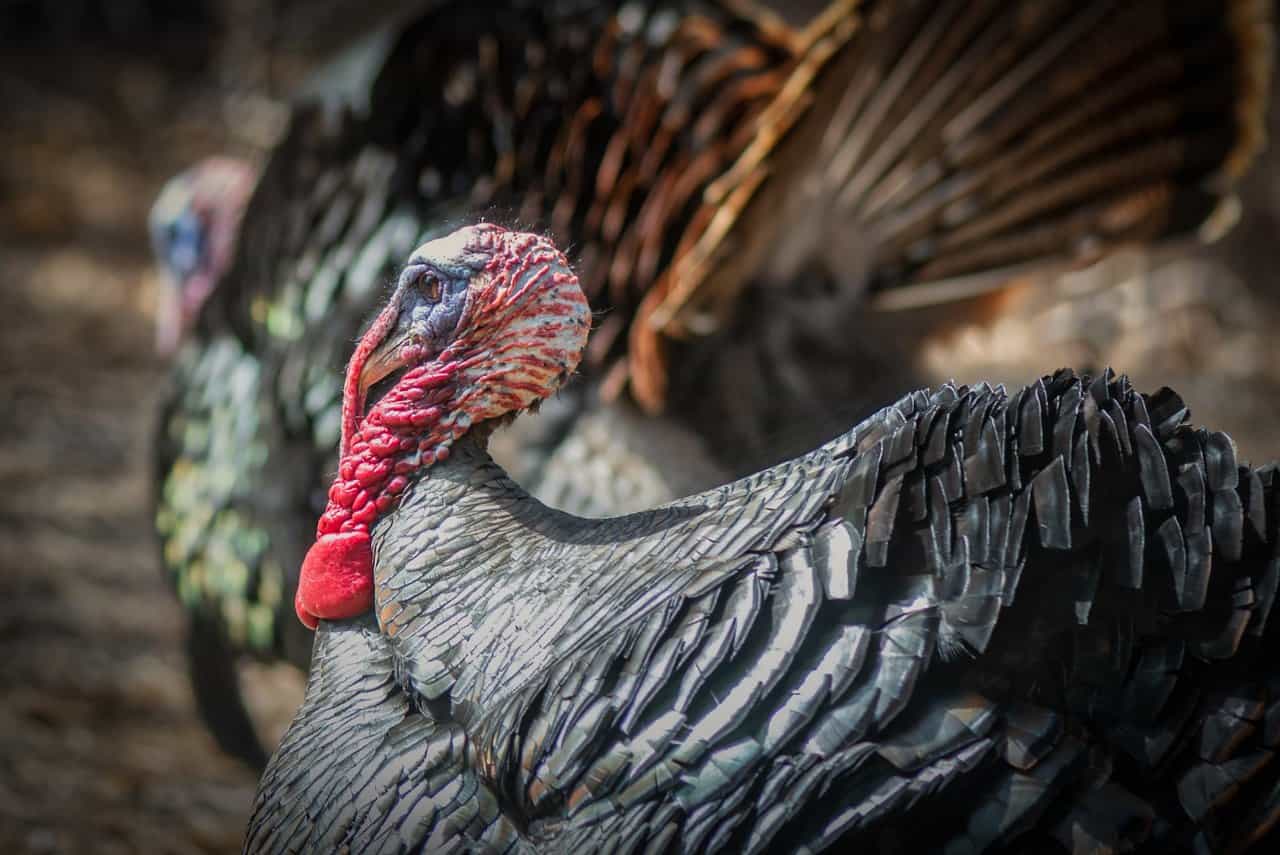
Interestingly enough, a lot of people fail to understand the fact that no antibiotics will ever be stored on the farm, quite the contrary actually.
So, if you want to invest in your turkey’s health or the whole flock’s, you will need to either contact your farm’s service technician or better yet, the company’s veterinarian.
As soon as you find out whether or not your turkey needs a treatment, you will get a prescription from the veterinarian.
If the whole flock needs a prescription though, you will need to add the antibiotic to the water or the feed to make it easier for them to consume it.
If your turkeys’ health does not improve, we believe that you should take the diseased or dead animals to a diagnostic lab to identify the cause behind everything.
5. Young Turkeys Will Lose Their Baby Feathers
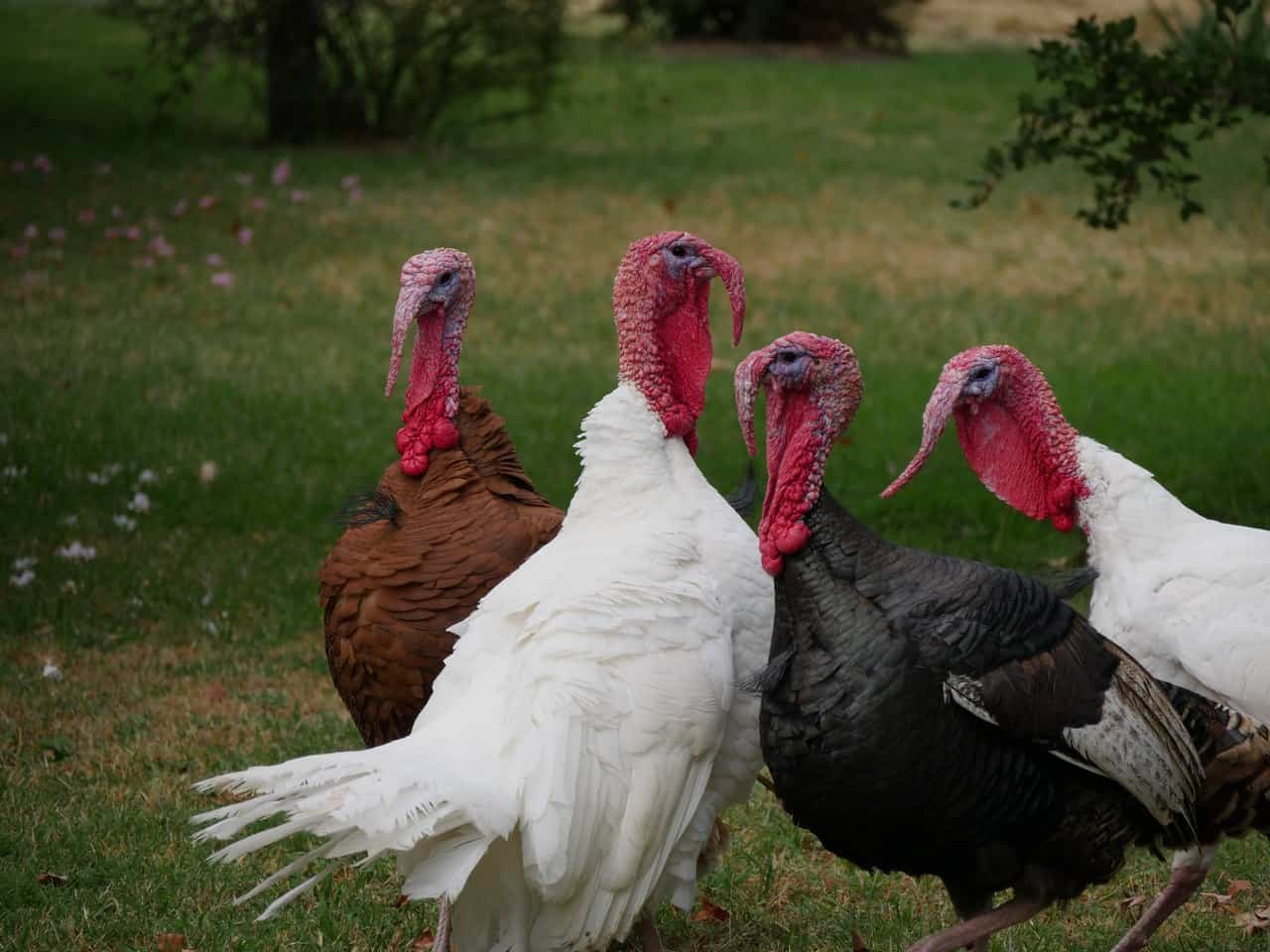
When we first noticed this, we were pretty alarmed as we didn’t know that turkeys tend to lose most of their baby feathers as soon as they start to mature.
We had our hands on a handful of turkeys when we were first getting into turkey raising, and we were shocked to see that the little baby we were holding was already starting to resemble my bald headed uncle.
All jokes aside, the veterinarian told us that young turkeys will often times have bald spots across their bodies and that this is not something to be scared of.
This just means that your baby turkey is maturing and before long those bald spots will sprout new feathers that will keep them warm.
This is also when we learned that turkeys are not fully covered in feathers. In fact, turkeys have a lot of natural bald spots running across their bodies that will stay bald all of their lives.
6. Turkeys Love Being Around Other Turkeys
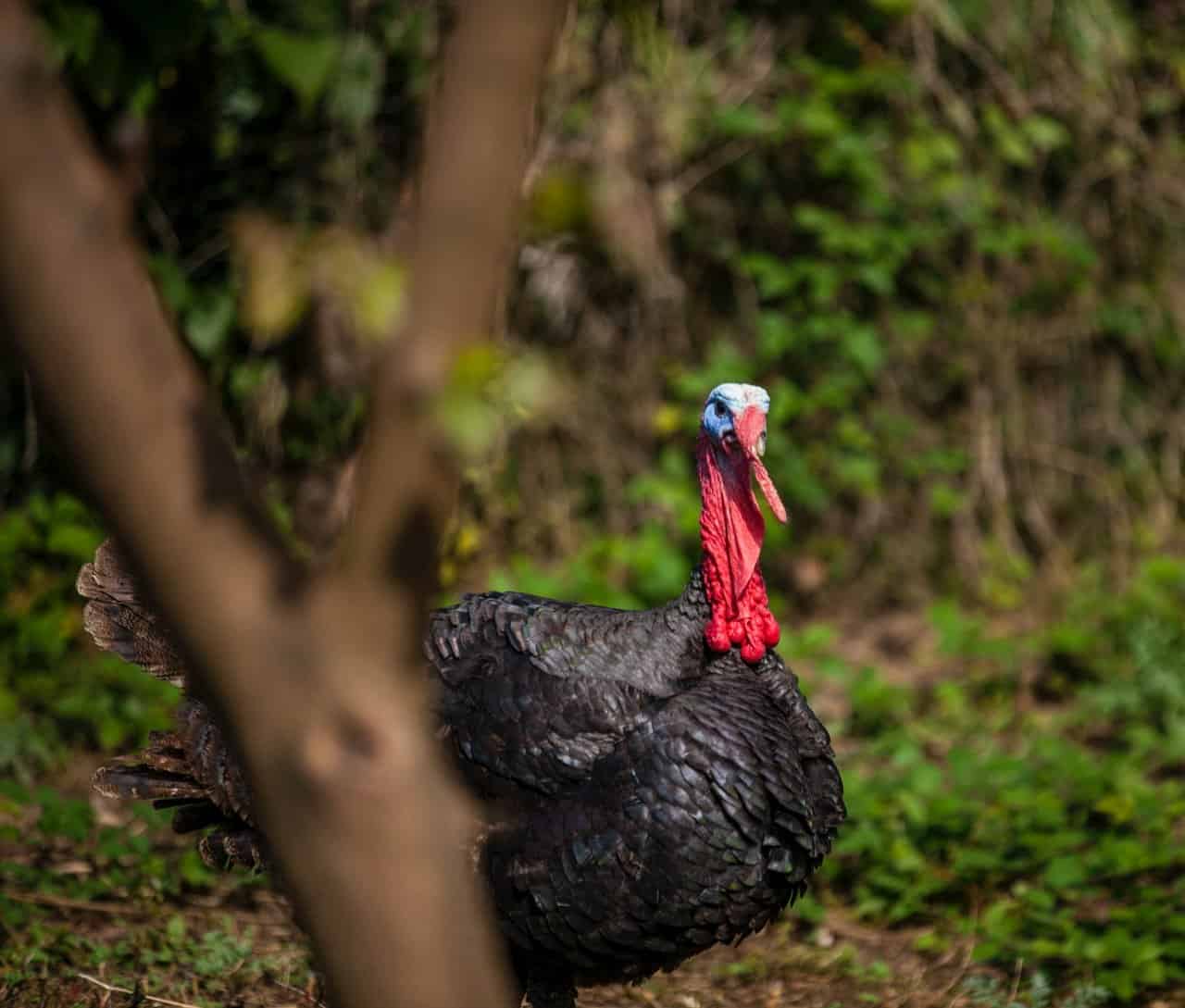
If you’ve ever been to a turkey house, chances are that you always saw the turkeys there hanging out with one another. That’s no coincidence, as turkeys absolutely love being next to one another.
Since they are social creatures, they will easily get bored and depressed if there aren’t a lot of other turkeys around them, so keep that in mind.
You will often times see turkeys literally huddled together even in open spaces, that’s because they just love being around each other. They often times move in groups too and if you try to separate them, they will try to stick together even after you push them away.
Regardless, it isn’t recommended for you to separate them in the first place, as being kept in solitude will often times lead turkeys to becoming sedentary and depressed.
So, avoid this by simply keeping your turkeys close to one another. Sure, they will still fight every now and then, but isn’t that something that every sibling friendship is like anyways? There will be conflicts but trust us when we tell you that they’d much rather spend time with one another than be alone.
7. You Will Need to Control Every Aspect of Their Lives
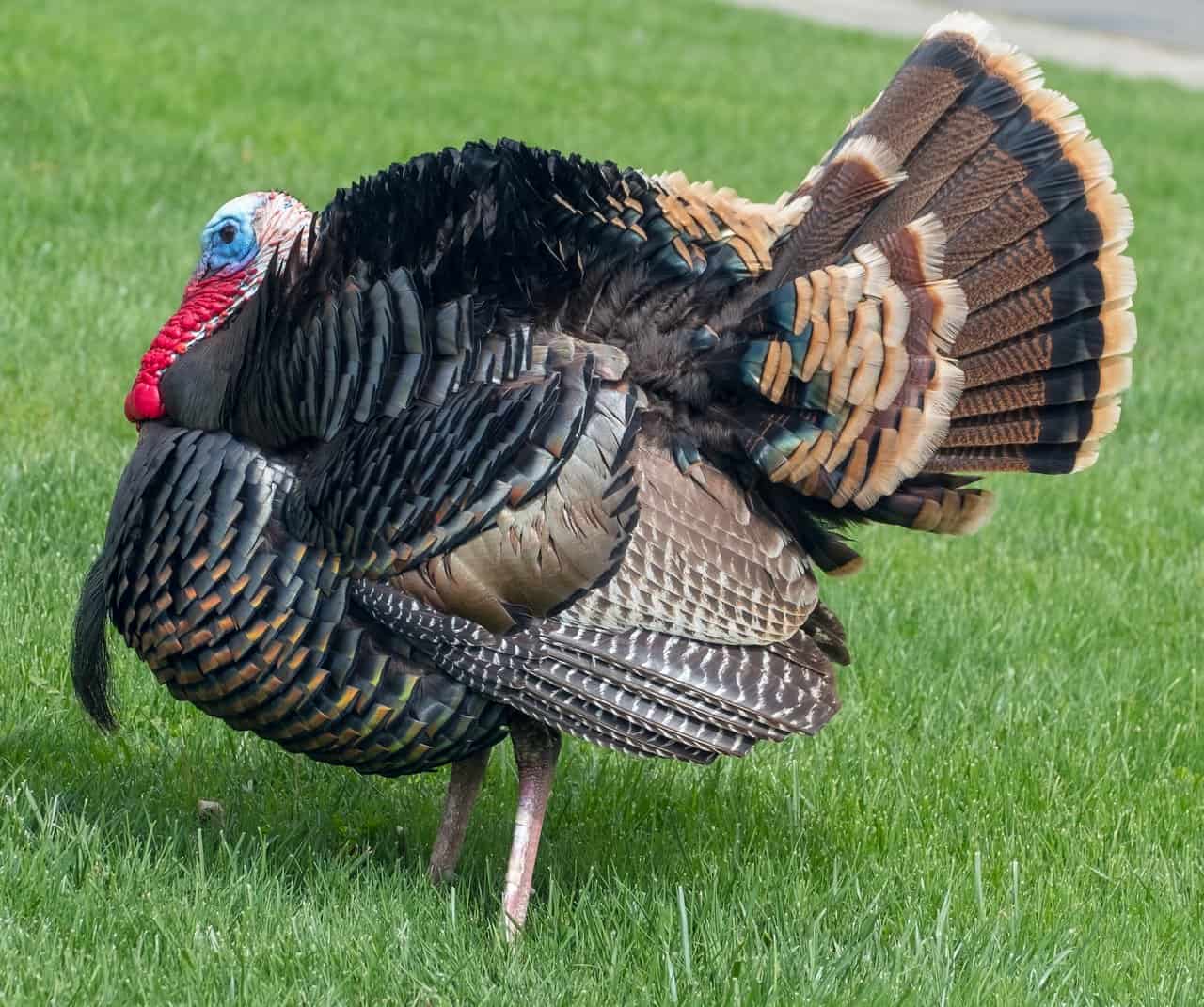
We briefly went over just how much of a pain in the bum raising turkeys will be for you if you don’t invest your all into the process, but even so trust us when we tell you that it’s way harder than you think.
Raising turkeys implies the fact that you will need to control every aspect of their lives if you want to get a good final product to sell for profit.
Factory-farmed turkeys will need to be raised accordingly, so if you believe that you can just get away with visiting them a couple of times per day you’re sorely mistaken.
You will need to feed them the perfect food mixture and on top of that you will need to go through the artificial insemination process if you want to ensure high quality poults.
Everything needs to be perfect, and we do mean that, so if you believe that you can still do it but you’re having second thoughts, definitely check in with an experienced turkey farmer to see if you’ve got what it takes to pull through.
8. The Turkey Feed Mixture
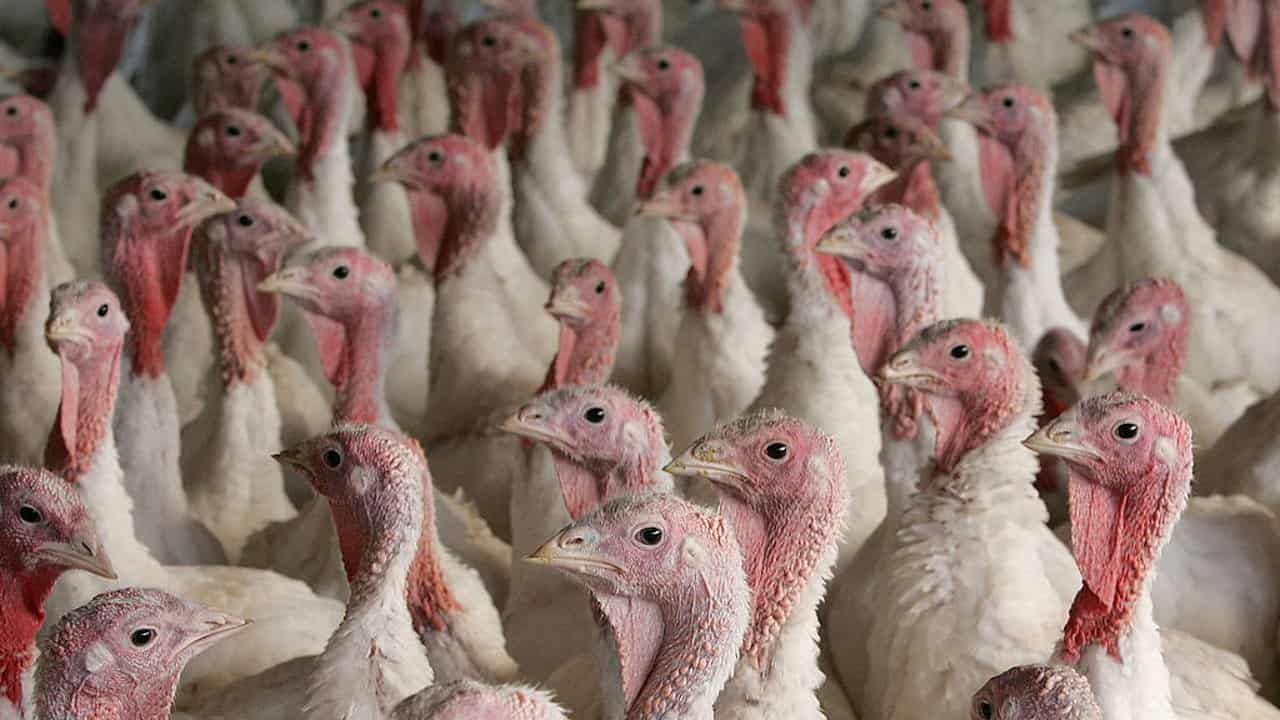
Another thing that you will need to know about turkeys is the fact that they need a certain type of feed if you want them to actually grow to be big and muscular.
But what exactly do turkeys eat? Well, for one, turkey chicks will need a mashed mixture made out of maize, wheat offal or bran, groundnut cake and soy meal. This combination will make them grow through their prepubescent phase.
As soon as they grow past that though you will need to switch to a different diet altogether which is meant to help them grow larger than ever before.
So, you will need to switch out the mixture by adding in palm kernel cake. This extra ingredient is high in fat and protein and it will ensure that your chicks put on a lo of weight in a very short period of time.
For the most part, you will need to invest around 80 pounds of feed in order to get a male turkey to 30 pounds.
As soon as they reach their goal though you can send them over to the slaughterhouse and collect your profits.
9. Artificial Insemination
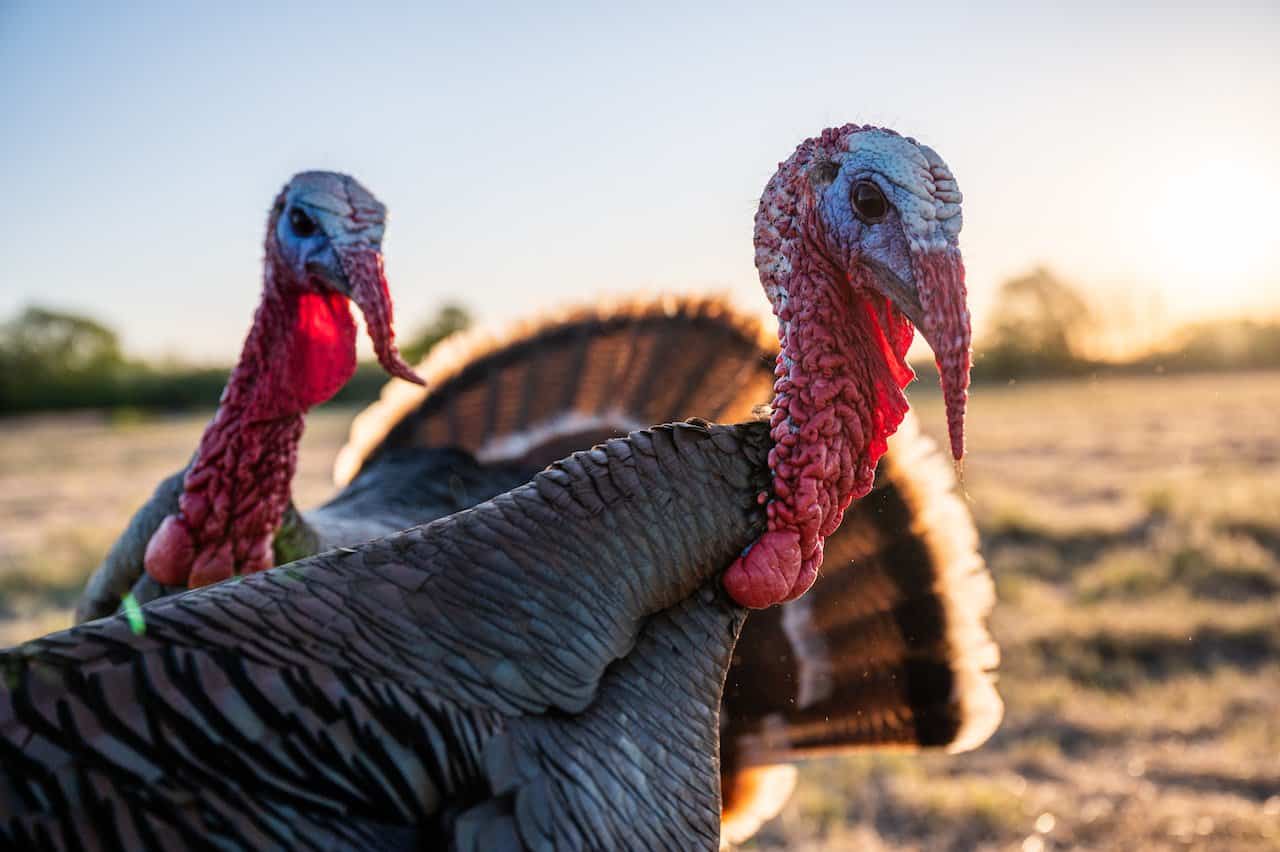
If you will get into turkey raising you should know that you will need to breed your turkeys through artificial insemination.
That’s because commercial turkeys are far too large and heavily muscled for them to breed naturally, which means that you yourself will need to collect the semen from the male turkeys and then insert it into the female hens.
While on this subject, you should also know that when the fertility decreases for the hens, you will need to inseminate the birds more often to make sure that the process is a success.
10. The Most Painful Husbandry Procedures
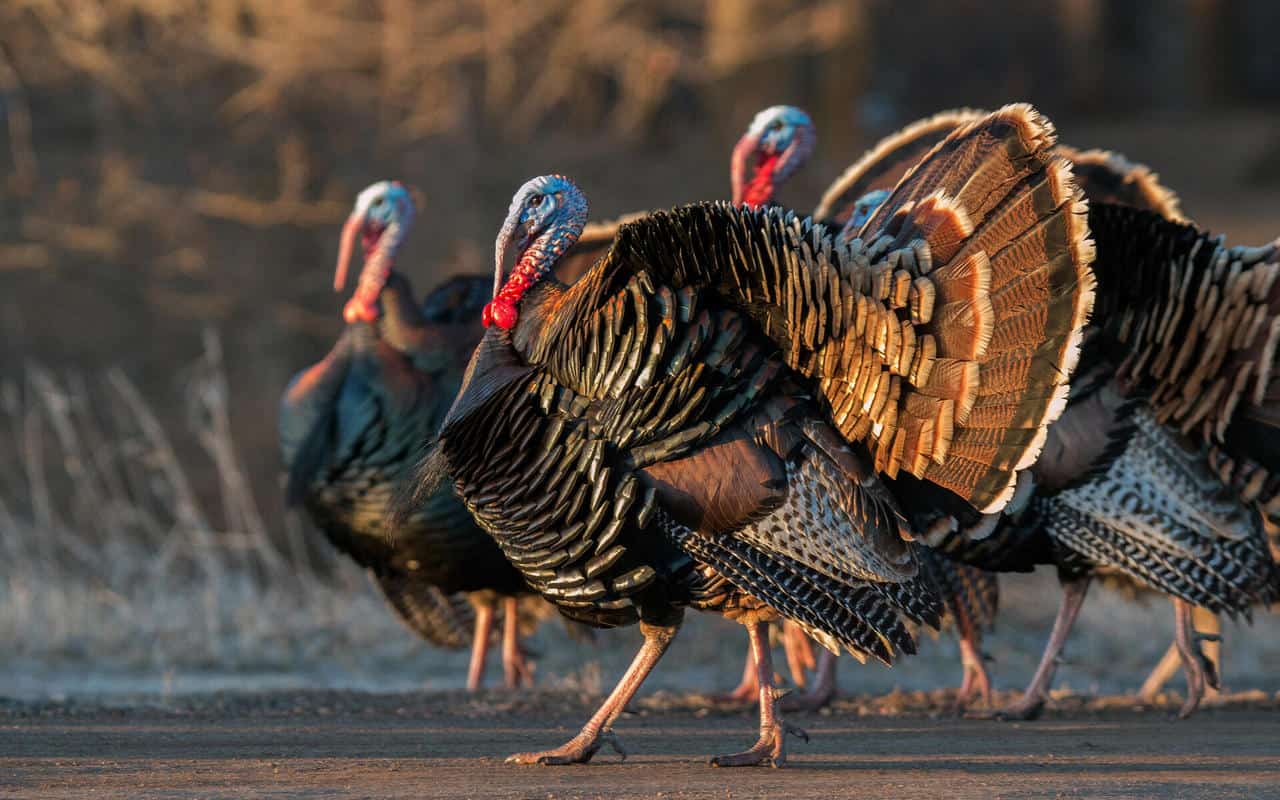
If you want to get into turkey raising you should know by now that you will need to get through some rather unpleasant husbandry procedures that will make you feel a bit iffy.
But trust us when we tell you that this will all be worth it at the end of the day. So, be ready to go through processes such as debeaking, desnooding and detoeing.
Debeaking is simple enough, you will need to remove the chick’s beak at around the 4-to-5-week mark to make sure that they don’t end up pecking away at one another or even cannibalizing each other.
Desnooding on the other hand implies the removal of the flesh that you can find right underneath the beak. This is called the snood and it will help prevent injuries in the case of a fight amongst the birds.
Detoeing, also referred to as toe clipping, should start around a day after the chicks hatch. This is because turkeys can be quite aggressive with one another as the flock hierarchy is being established, so they can end up hurting one another if they still have their claws ready for action.
11. Ammonia-Laced Air
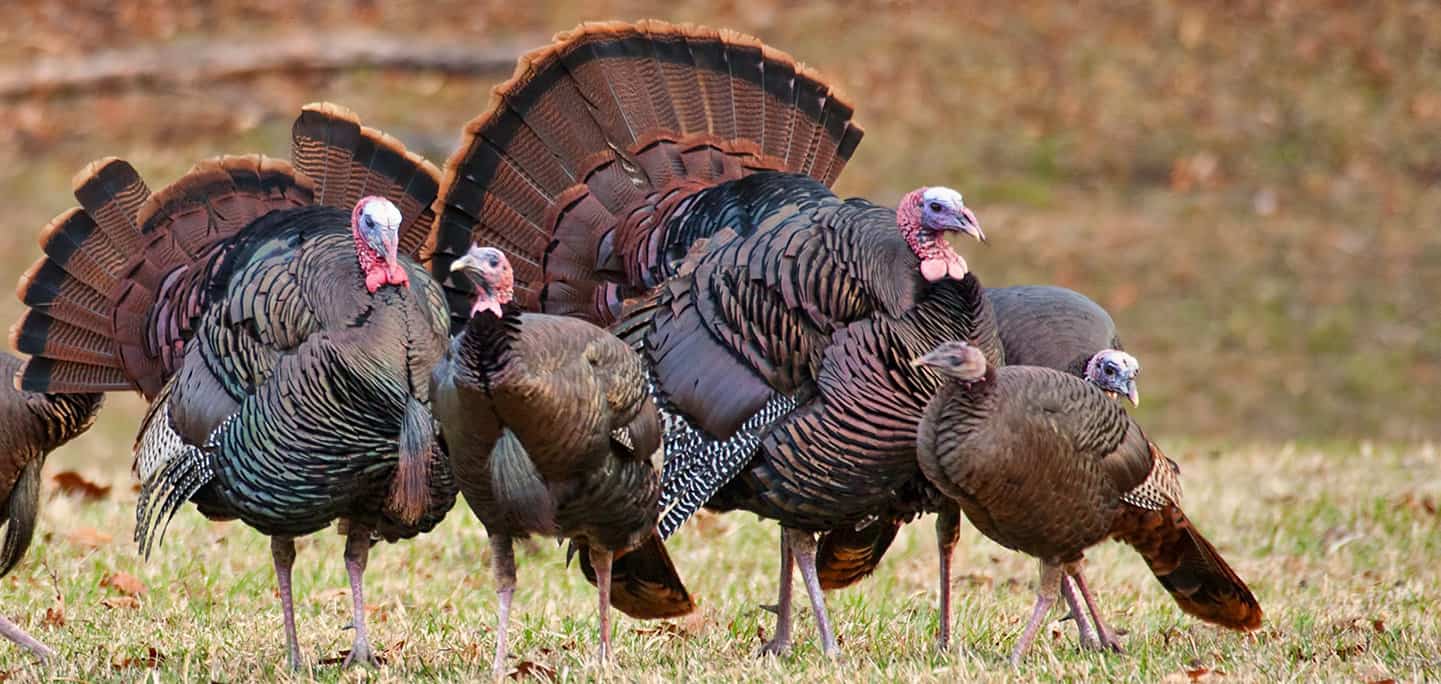
Many people don’t realize just how horrible crowded barn conditions are for turkey farms. Bacteria can easily build up, so if you want to make sure that your barn is healthy and all that you need to make sure that the barn is properly ventilated.
High levels of ammonia will cause respiratory and pulmonary problems as well as blindness and skin conditions, so don’t take this too lightly.
12. Transporting Takes Lives
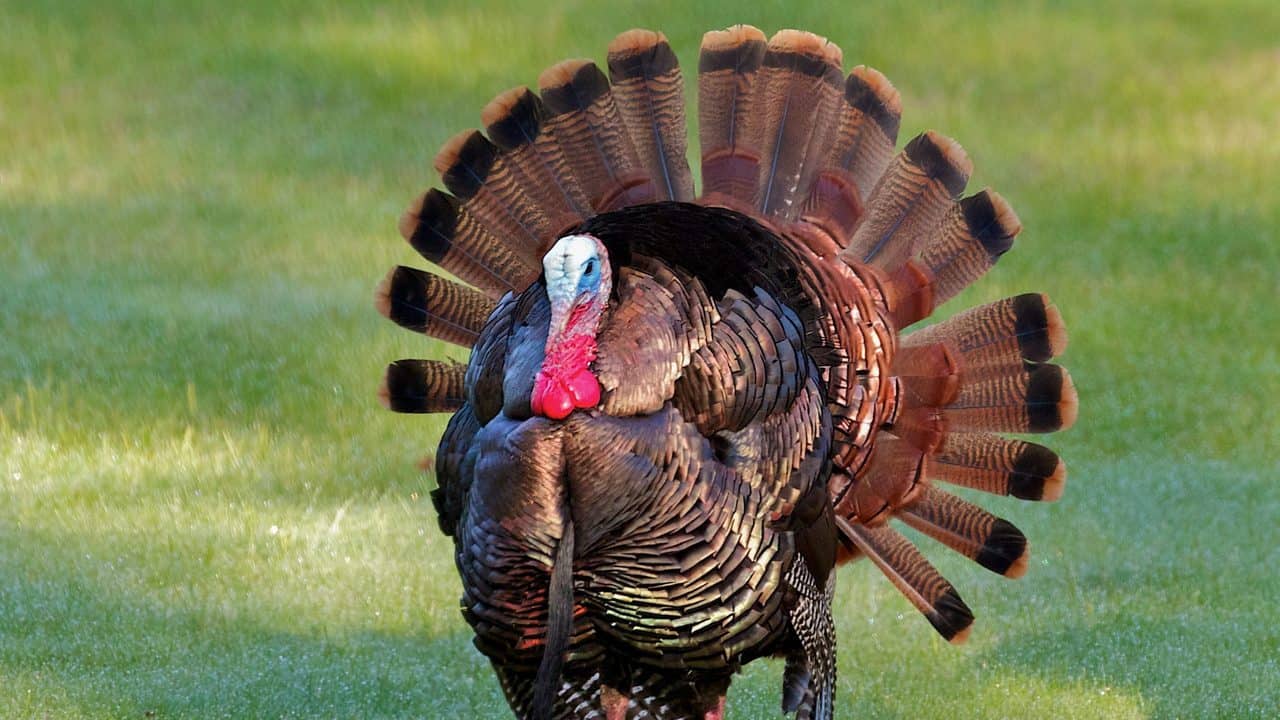
A lot of people also forget the fact that they need to take care of the turkeys all the way up until they get to the slaughterhouse.
This implies that you also need to make sure that they are transported safely to their final destination. While there isn’t a lot you can do, you can at the very least make sure that the crates are covered properly so that they don’t get overly exposed to the sunlight or the cold temperatures.
We also recommend that you keep a close eye on the crates during the loading process because that’s when the risk of injury is at its highest.
13. Stress Is Deadly for Turkeys
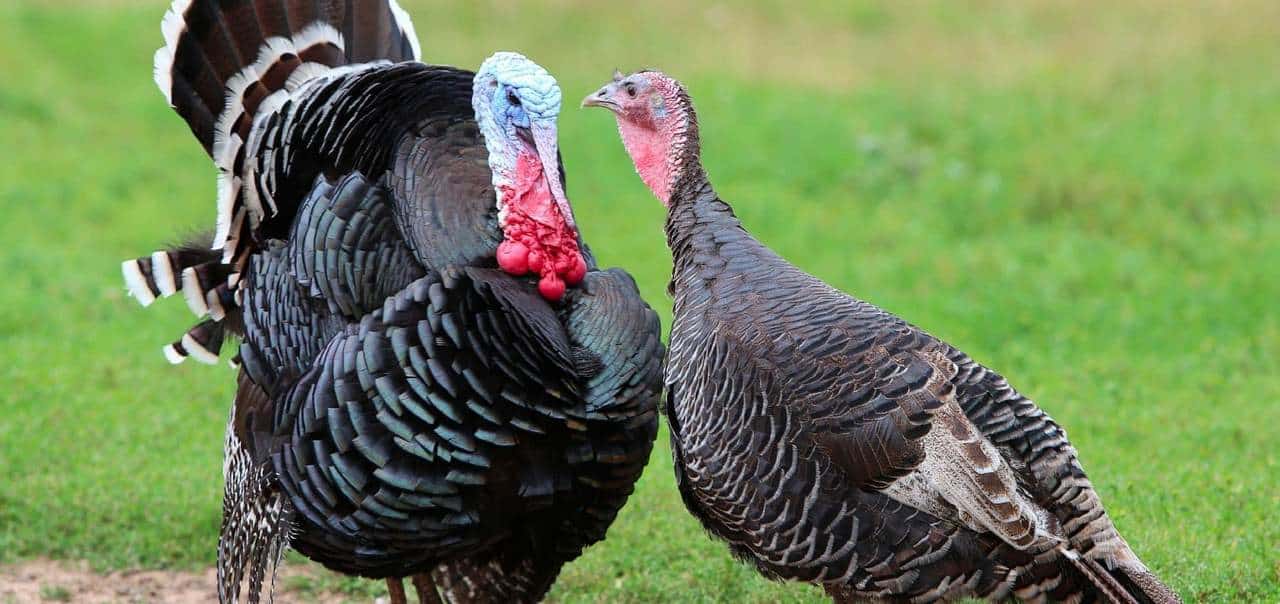
This may sound like a joke but trust us when we tell you that it is very important to keep in mind as you start your turkey farm.
Every year, millions upon millions of chicks end up dying during the first few weeks of their lives simply because they stop eating and starve to death.
This is a precursor of stress, as they simply just prefer not to eat if they feel like they are overcrowded or if they just don’t feel safe at any moment during the process.
14. How Much Do Turkey Farmers Earn?
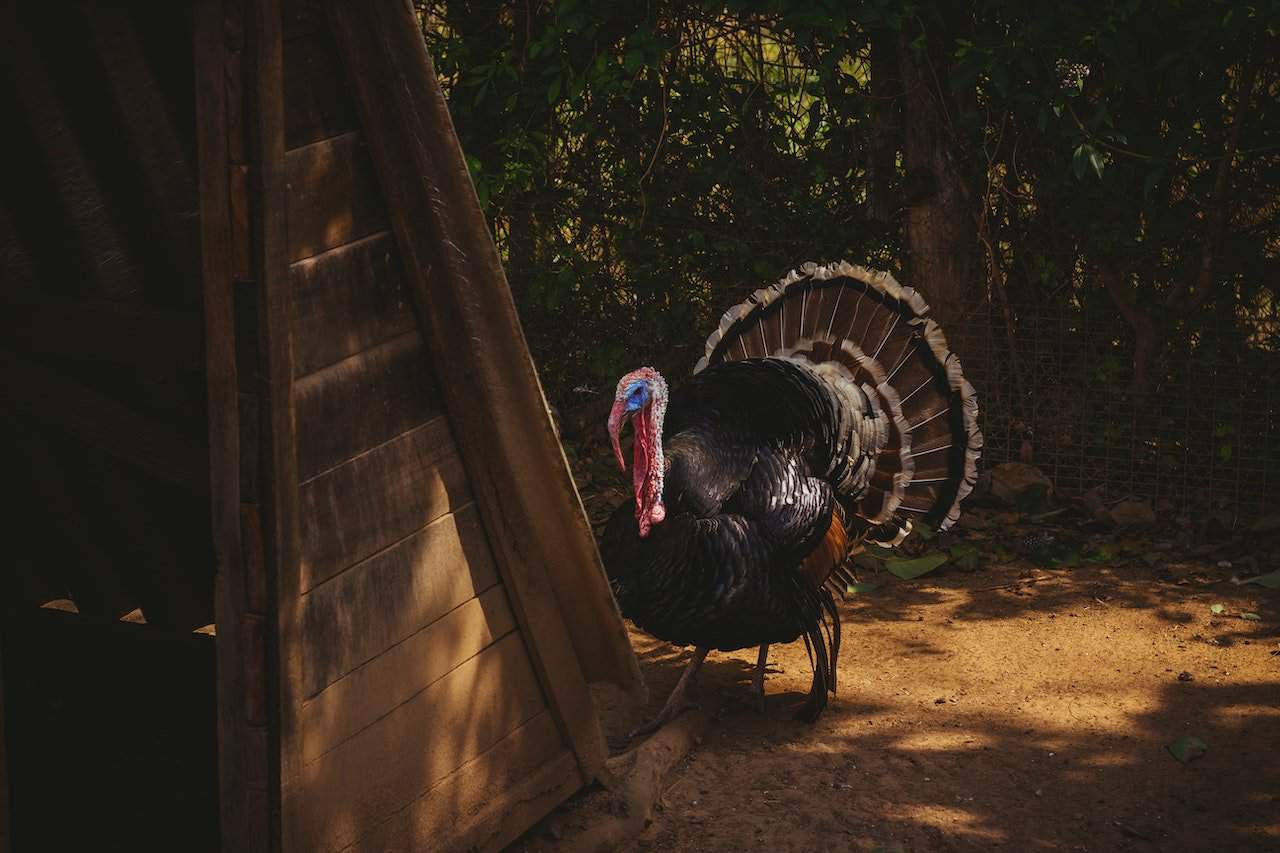
Back in 2021, we calculated the fact that even though most frozen turkeys sell at $1.23 per pound, farmers only really made around 6 cents per pound of turkey.
This all comes down to around $31,659 per year, which is definitely not the highest number out there, but if you like what you do and you want to have a constant influx of high-quality meat at your fingertips, you should still consider getting into the turkey raising business.
15. Housing is Key to Raising Turkeys
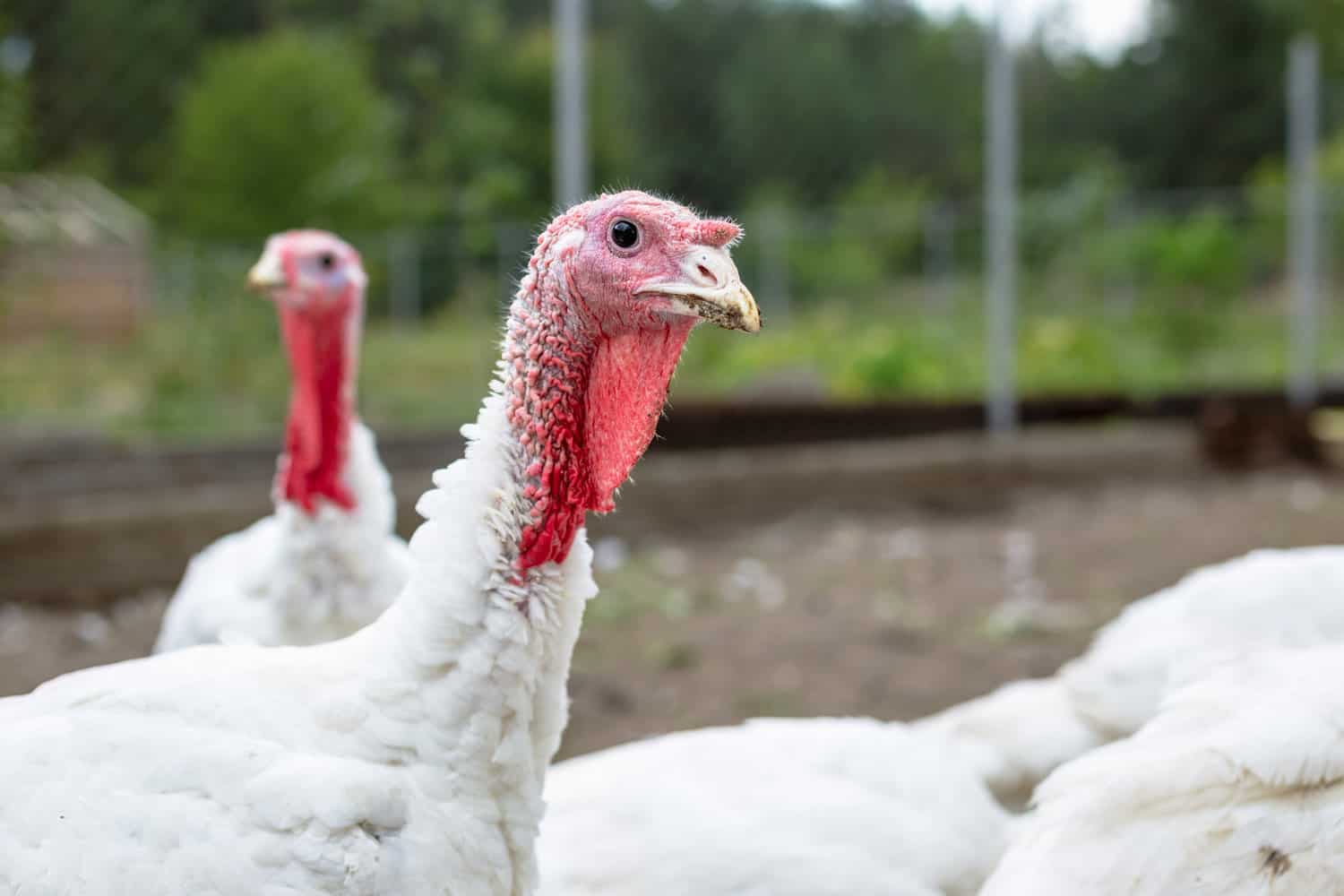
Good housing should come with everything that the turkeys need to survive. This means that you will need to invest in high-quality materials as well as high fences that are durable enough to withstand their full body weight.
Of course, proper ventilation is also worth mentioning here so as to keep the turkeys healthy and happy regardless of the climate outside.
Conclusion
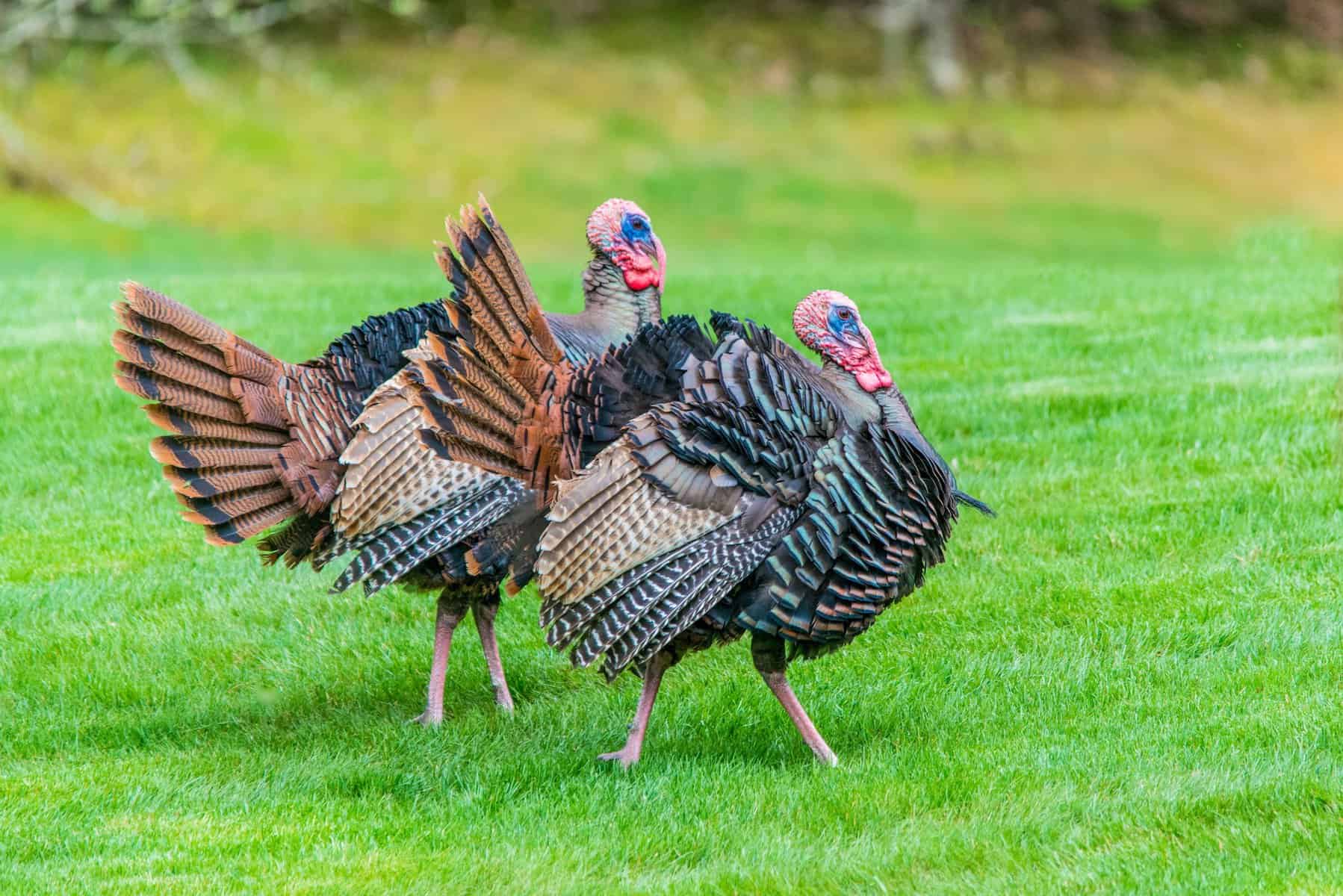
While it isn’t the most rewarding job in the world or the easiest to get through, raising turkeys is still considered to be a surefire way of making a profit.
So, if you’re ready to take on this challenge after you’ve read all of the points that we brought up here, we can only wish you good luck ahead. You will need it, but at the same time, you will definitely succeed if you follow through on everything we mentioned here.
Contents
- 1. Turkeys Are Not Vegetarians
- 2. Raising Turkeys is a 365-Day Job
- 3. You Will Need a Lot of Equipment and Manpower
- 4. Turkeys Need a Prescription
- 5. Young Turkeys Will Lose Their Baby Feathers
- 6. Turkeys Love Being Around Other Turkeys
- 7. You Will Need to Control Every Aspect of Their Lives
- 8. The Turkey Feed Mixture
- 9. Artificial Insemination
- 10. The Most Painful Husbandry Procedures
- 11. Ammonia-Laced Air
- 12. Transporting Takes Lives
- 13. Stress Is Deadly for Turkeys
- 14. How Much Do Turkey Farmers Earn?
- 15. Housing is Key to Raising Turkeys

